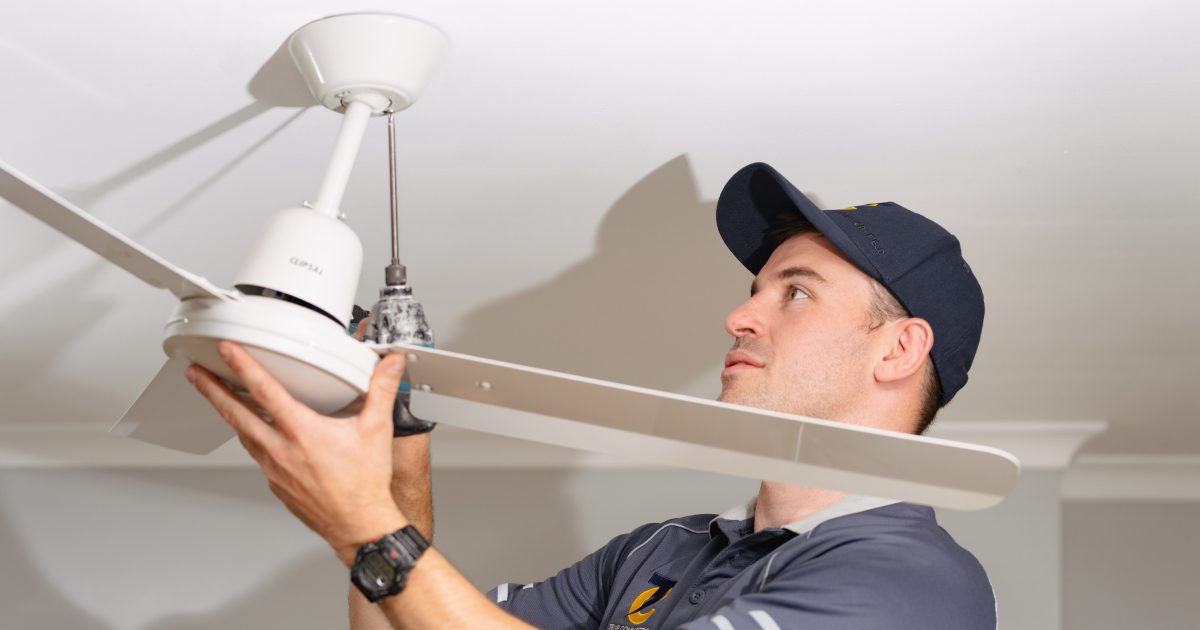Websites selling at-home fertility tests have been found to be “misleading” hopeful Aussies trying to decide when to start a family.
Researchers from the University of Sydney, University of Wollongong and Monash University examined 27 websites selling “egg timer” fertility tests directly to consumers online from seven countries, including Australia.
They found three-quarters of the websites stated the test was a way of getting information about a woman’s fertility or likelihood of conceiving. A majority claimed the test could indicate the onset of menopause or identify women at risk of premature menopause.
But those claims are not true.
Get in touch — chloe.whelan@news.com.au
Egg timer tests measure the level of anti-Mullerian hormone (AMH) in the blood. In women, AMH is produced by follicles in the ovaries.
Research shows at-home tests of AMH levels are not reliable predictors of current or future fertility in the general population.
In fact, the researchers found a majority of the websites had information that was “poor quality” or made claims about egg timer tests that were not supported by evidence. Fewer than half included statements about the limitations of the AMH test.
Study co-author Rachel Thompson, from the Sydney School of Health Sciences Faculty of Medicine and Health, warned the websites’ misleading claims may cause women to make life-changing decisions about fertility based on the flawed results of egg timer tests, including delaying starting a family or seeking potentially unnecessary fertility treatments like IVF or egg freezing.
“False and misleading claims about the usefulness of the AMH test undermine women’s ability to make an informed decision,” Dr Thompson said.
“People may also be worried or reassured by the test results without basis and may change their reproductive plans and behaviour as a result.”
Alexis Johnson, an author of the study and project officer in the Sydney School of Public Health, also pointed out that websites do not universally offer the option to speak to a doctor after the test.
“Only 5 of the 27 websites we reviewed — and only one of the three in Australia — include the option of a consultation with a physician after having the test,” Ms Johnson said.
Get in touch — chloe.whelan@news.com.au





